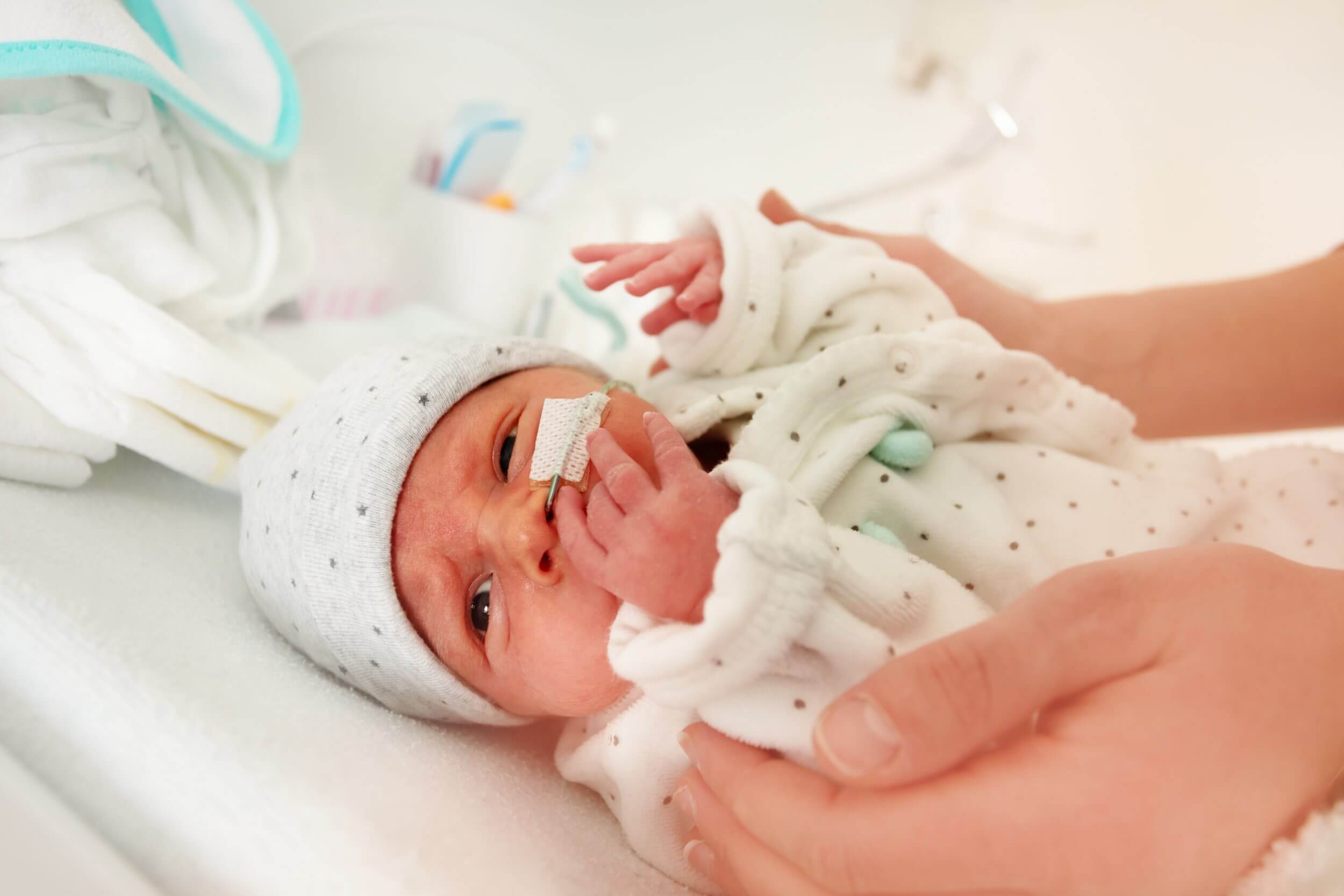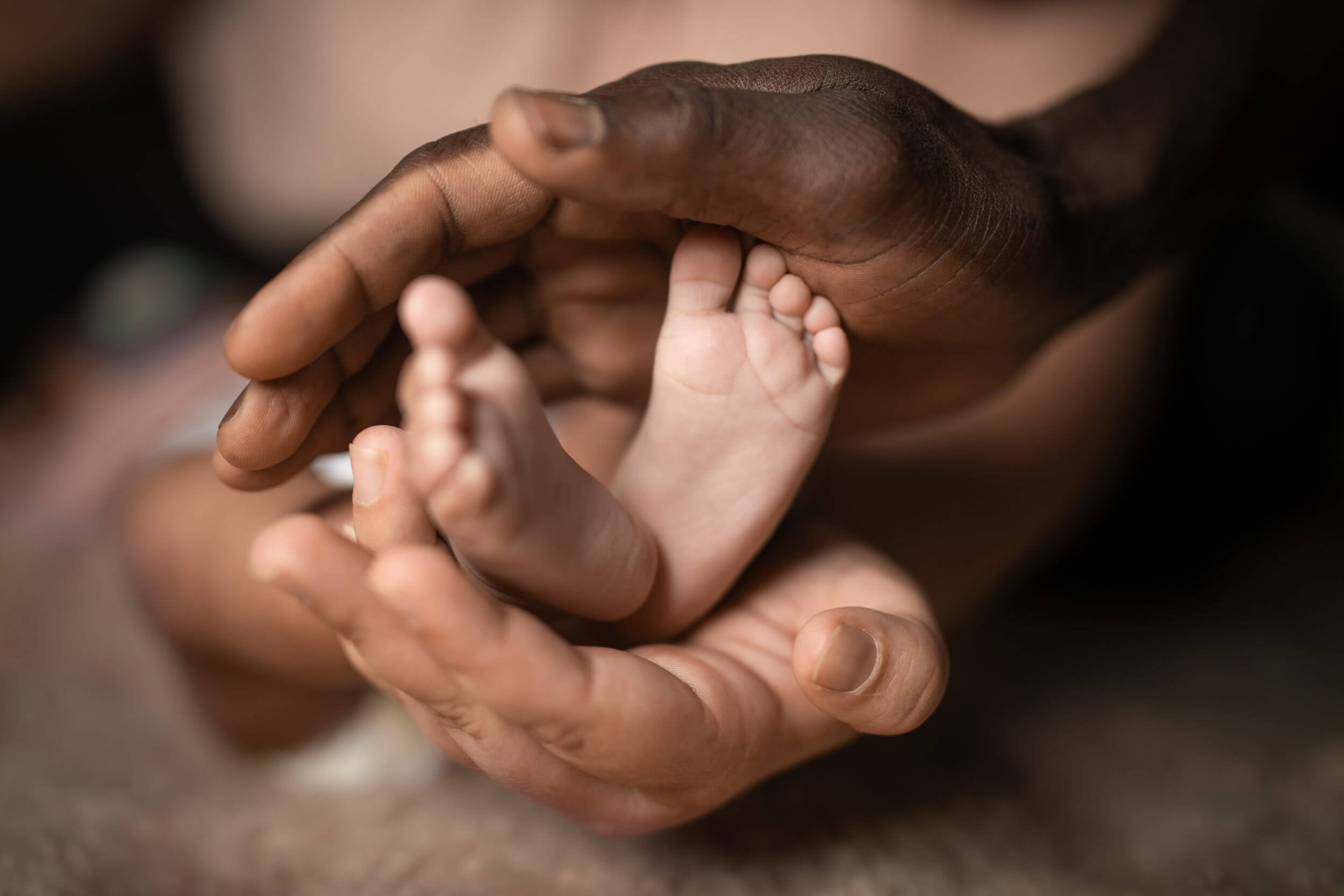
As Parents & Carers, you are the most important people in your baby’s life and you
know your baby best. But being on a neonatal unit can be a very worrying and
overwhelming experience. The neonatal team will help you to develop the confidence,
knowledge and skills to be involved in your baby’s care, looking after your baby day-today
on the neonatal unit as well as being involved in all of the decisions about your
baby’s care. This active involvement in your baby’s care, known as Family Integrated
Care or Family Centred Care, has been shown to lead to better outcomes for both the
baby and the family as it:
– Reduces parental/carer stress
– Reduces stress in your baby
– Enables more successful breastfeeding
– Helps you recognise your baby’s cues
– Results in fewer infections
– Improves baby’s growth & development
– Leads to earlier discharge
– Helps you bond with your baby
The Parent Advisory Group members care about families going through neonatal
journeys because we’ve experienced first-hand what a difficult environment it is and
recognise those things that can really support families during this time. We are
passionate about Family Integrated Care (FIC) because of its power to improve not only
the neonatal experience but also the lifelong benefits it brings for the babies and their
families.
Here are our top tips for families with a baby or babies on a neonatal unit:

The Parent Advisory Group (PAG) is a group of parents/carers who have used neonatal services in the past. The group represents the views and experiences of parents and families whose babies have been cared for in a neonatal unit and play a vital role in driving forward improvements and changes in neonatal care in the region. For more information including finding out how to become a PAG member, please email EoENeonatalPAG@gmail.com
The Parent Advisory Group currently have a rolling recruitment. We welcome members from all backgrounds and experiences and who identify as parents or carers including mothers, fathers, birthing parents and non-birthing parents or partners. We are particularly interested in hearing from parents & carers who are from the following underrepresented communities: young parents/carers, working-class backgrounds, care leavers, those with physical health/disability or sensory impairments, and those from the LGBTQIA+, and Black, Asian and minority ethnic communities or traveller communities.

